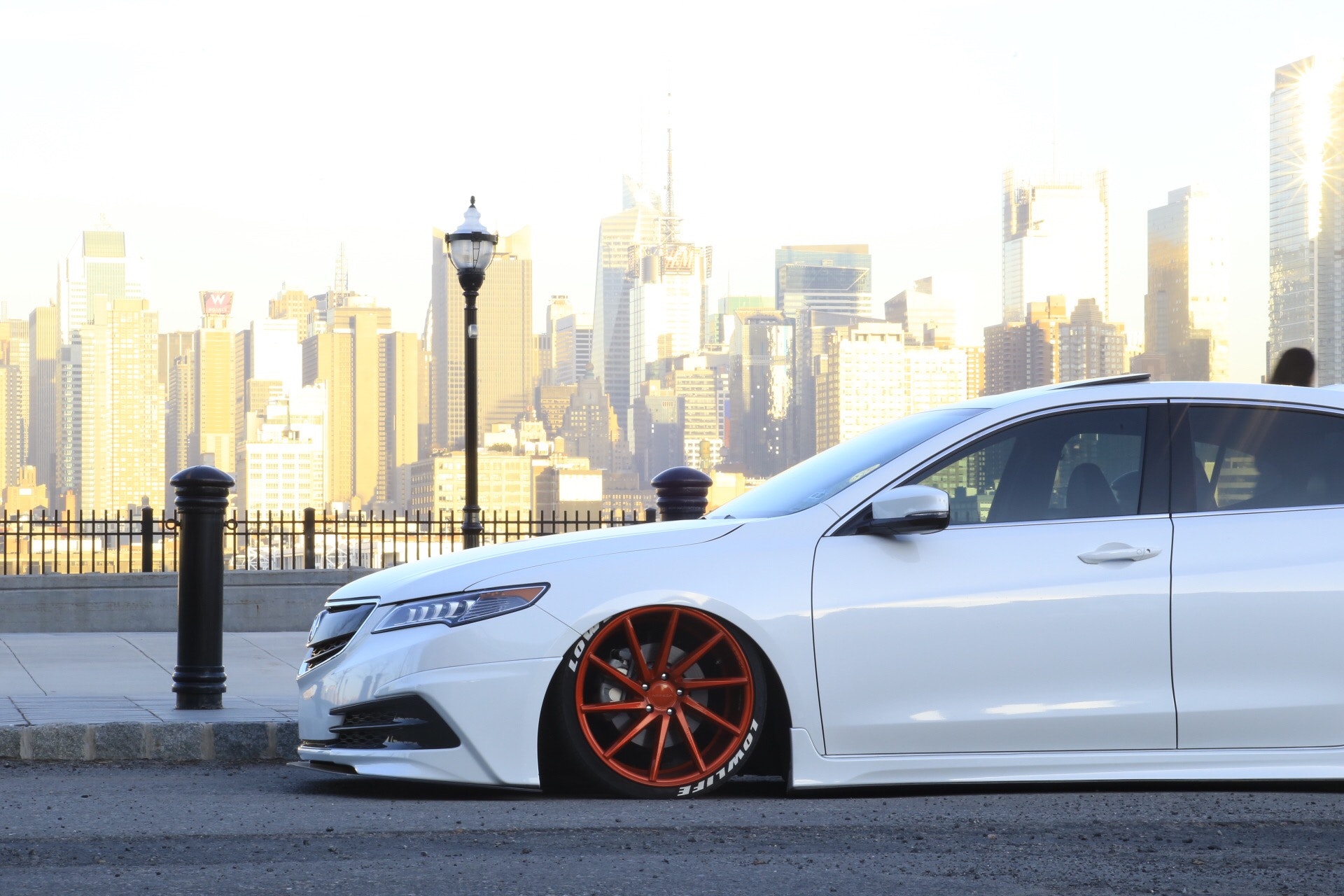
When making any modifications to your car or van, it is important to let your insurer know. Failure to declare any changes could leave your claim at risk of being rejected in the event of an accident and failing to disclose any modifications when applying for insurance could lead to your policy being invalidated. If you have insurance refused or cancelled, it may be much harder and more expensive to get cover in the future.
What can be less clear is just what counts as a modification in the eyes of your insurer, which can vary for different insurance companies. When taking out a motor trade or van insurance policy you need to be as upfront as possible about any modifications either you, or a previous owner, have carried out to the vehicle.
A vehicle that has been altered in any way since it left the factory will be deemed an after-market modification. Changes can range in size from tinted windows to a new engine. If you have bought the vehicle second hand, you still need to declare any modifications that have been made by any previous owners. Just because you didn’t make them, doesn’t mean it’s acceptable to an insurance company.
In the first of two blogs, we look at the modifications most likely to affect cars, particularly if you are a taxi or courier driver.
What Do You Need to Tell Your Insurer?
You need to tell your insurer about any changes to your vehicle, both exterior and interior. The two main types of car modifications are either to make a vehicle more powerful or for cosmetic purposes. Generally, changes that either improve the value of your car or increase the performance will raise the cost of your motor trade insurance.
An increase in car value could leave your vehicle more prone to theft or incur additional repair costs should it be damaged. A more powerful car may lead to a greater number of accidents, especially for younger or inexperienced drivers. Putting in a more powerful engine might also not just affect its performance, if it’s incorrectly installed, the car might break down more frequently.
What Counts as a Modification?
Any changes you make can count as a modification. However, not all will raise the cost of your premium, and some, such as security equipment, may even lower it.
- Engine and Mechanics - Any modifications to the engine or vehicle mechanics will need to be declared to your insurance provider. This can include the transmission, exhaust system, air filters and turbo chargers. In over two-thirds of cases, if the engine size is increased, you will see a costlier premium.
- Wheel Modifications - Modifying car wheels can alter the handling of your vehicle and upgrading to alloy can increase its value. Alloy wheels are much stronger and lighter than steel ones of a similar size and therefore improve car handling, helping to reduce accidents. However, if there’s a history of alloy wheel theft in your area, your premium may be increased.
- Bodywork - The following may affect your insurance costs: flared wings, wheel arches, valances, spoilers, undercar neon lights and tinted windows. While there are no restrictions on tinting your rear windows and windscreen, there are laws for your front windscreen and side view windows. At least 75% of light must be allowed through the front windscreen and 70% of light through the front side windows. Having the wrong tint could cause a claim to be invalid but adding the legal amount will not affect your insurance cost. Paintjobs, decals and stickers are classed as a modification by insurance companies, so make sure you let them know in advance to ensure it is covered as part of your insurance policy. Not all insurance companies will cover these modifications, especially if they have had expensive pay-outs previously.
- Car Interior - Removing and replacing seats, changing the pedals and the steering wheel are all considered to be key modifications that need to be reported to your insurance provider.
Modifications That Could Reduce Your Insurance
Not all modifications will increase your premium – others reduce it because they may deter theft and improve driving safety such as installing immobilisers, safety locks and tracking devices.
The more safety devices you add, the greater the chance your insurer will recognise you as a careful and responsible driver and reduce your premium in the long-term.
For more information specific to vans, see our blog focussed on van modifications.